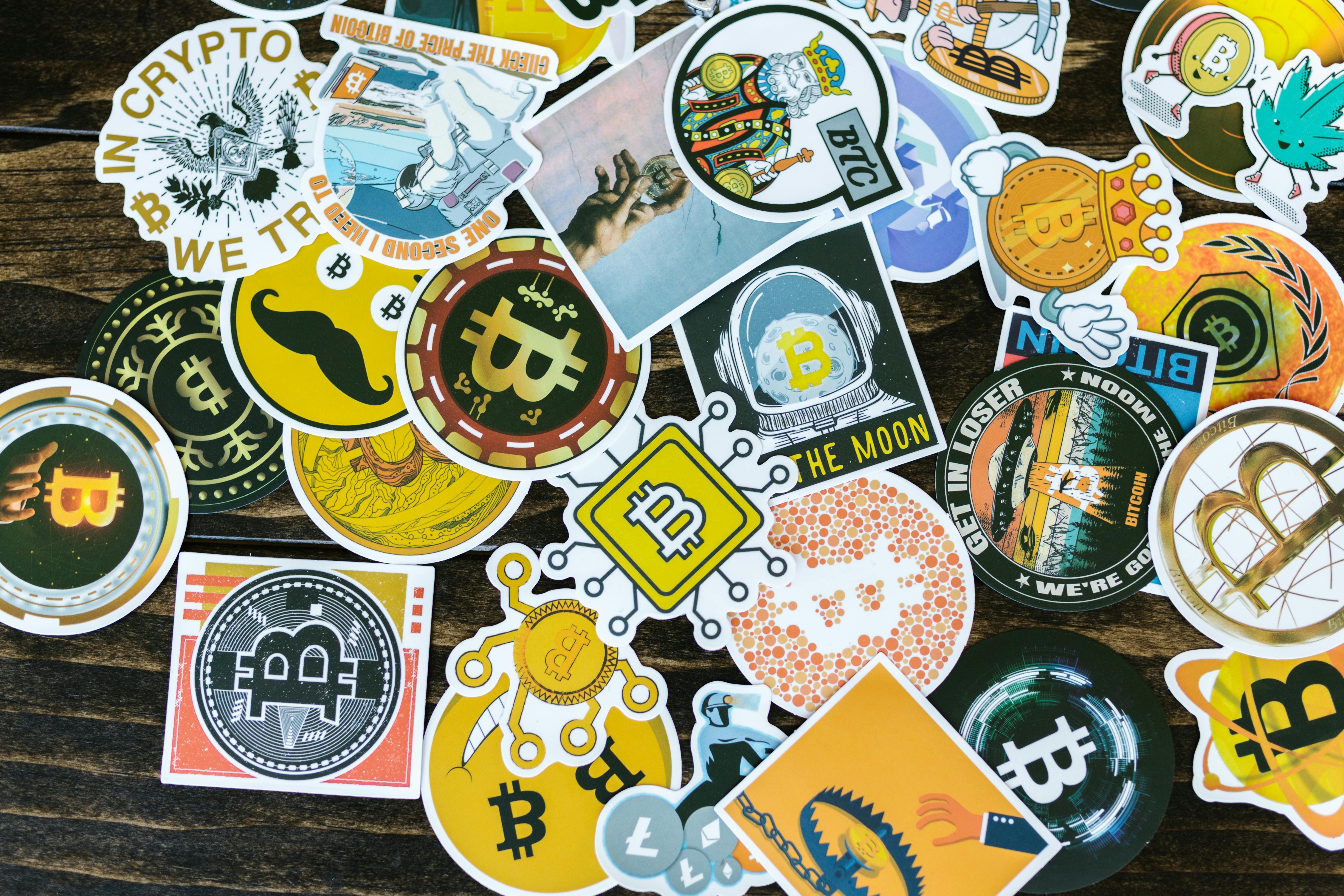Virtual Economies: The New Frontier of Digital Ownership
In the ever-evolving landscape of gaming, virtual economies have emerged as a transformative force, reshaping the way players interact with digital worlds and redefining the concept of ownership in the digital age. This phenomenon extends far beyond simple in-game transactions, creating complex ecosystems that blur the lines between virtual and real-world value.

Blockchain and NFTs: A Game-Changing Technology
The integration of blockchain technology and non-fungible tokens (NFTs) into gaming has revolutionized virtual economies. These innovations provide a secure and verifiable way to establish ownership of digital assets, giving them real-world value and permanence. Games like Axie Infinity and Decentraland have pioneered this approach, allowing players to truly own and profit from their in-game achievements and creations.
The Impact on Game Design and Monetization
Virtual economies have fundamentally altered the way games are designed and monetized. Developers now create intricate economic systems that encourage player engagement and spending. Free-to-play models, supported by microtransactions and virtual item sales, have become dominant in the industry. This shift has led to ongoing debates about the ethics of monetization strategies and their impact on gameplay.
Cross-Game Economies and Metaverse Integration
As virtual worlds become more interconnected, we’re seeing the emergence of cross-game economies. Players can now transfer assets between different games and platforms, creating a more fluid and expansive digital ecosystem. This trend is closely tied to the concept of the metaverse, where virtual economies could form the backbone of a persistent, interconnected digital universe.
Real-World Implications and Regulatory Challenges
The growth of virtual economies has sparked interest from traditional financial institutions and regulators. As virtual assets gain real-world value, questions arise about taxation, money laundering, and consumer protection. Governments and financial bodies are grappling with how to regulate these new forms of digital value, balancing innovation with the need for oversight.
The Future of Virtual Economies
Looking ahead, virtual economies are poised to become even more sophisticated and influential. As technology advances, we can expect to see greater integration between virtual and real-world economies, potentially revolutionizing concepts of work, play, and value creation. The line between digital and physical assets may continue to blur, opening up new possibilities for economic participation and wealth generation in the digital age.
Societal Impact and Cultural Shifts
Virtual economies are not just changing games; they’re reshaping societal norms and cultural values. As people spend more time and resources in digital spaces, we’re seeing shifts in how value and status are perceived. Virtual items and achievements are gaining real-world significance, influencing fashion, art, and social interactions beyond the confines of games.
Challenges and Ethical Considerations
While virtual economies offer exciting possibilities, they also present significant challenges. Issues of digital inequality, addiction, and the environmental impact of blockchain technologies are becoming increasingly prominent. Game developers and policymakers must navigate these complex ethical considerations to ensure that virtual economies benefit society as a whole.
A New Economic Frontier
Virtual economies represent a fascinating convergence of technology, economics, and culture. As they continue to evolve, they promise to reshape not just the gaming industry, but our broader understanding of value, ownership, and economic participation in the digital age. The future of virtual economies is still being written, and it’s a story that will have profound implications for gamers, developers, and society at large.




